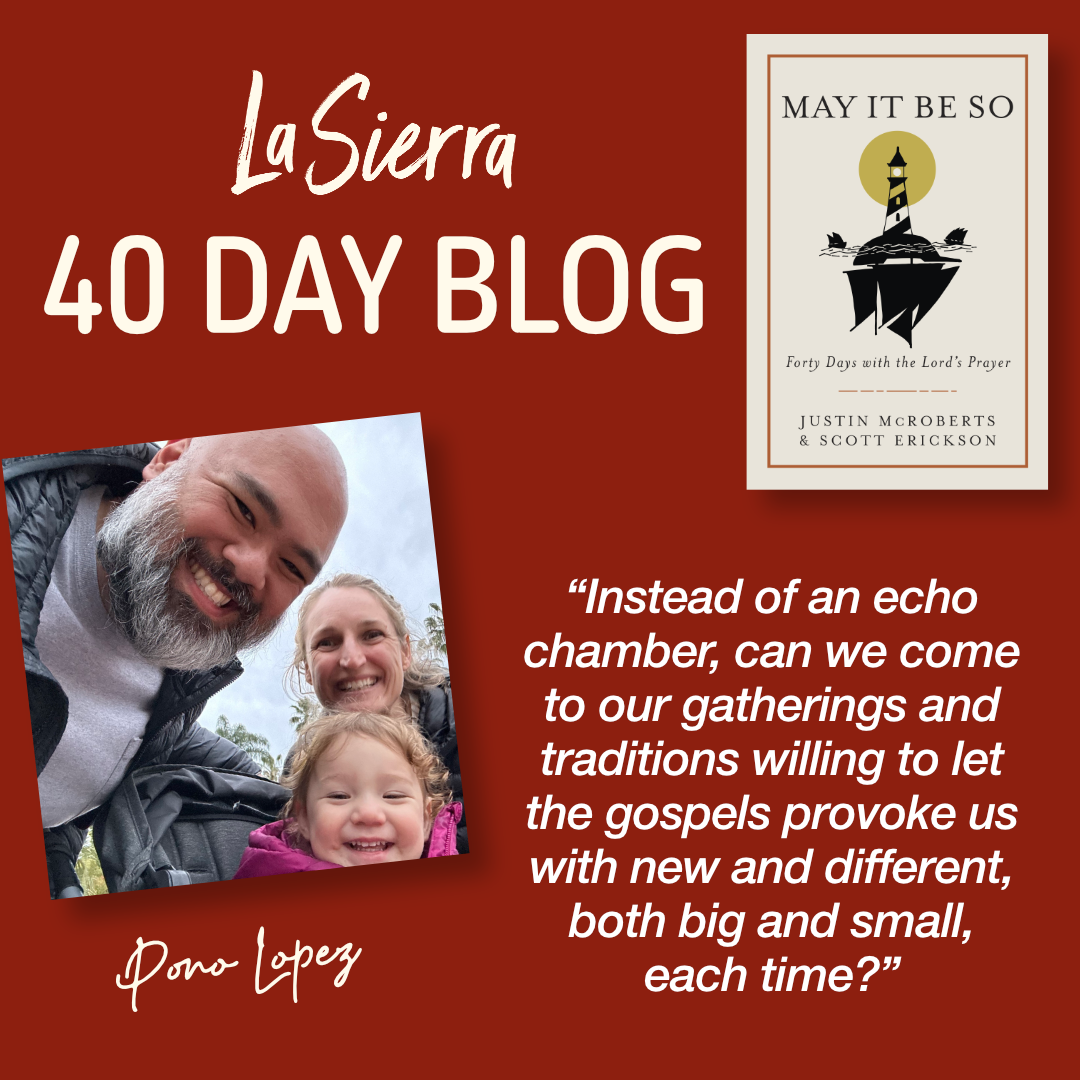How often do we come to things with a childlike approach and a childlike comprehension?
Ellen White once attempted to describe the correlation of childlikeness and the Lord’s Prayer when she penned:
“As one with humanity, He (the Saviour) presents His own ideal of prayer, words so simple that they may be adopted by the little child, yet so comprehensive that their significance can never be fully grasped by the greatest minds.”
Often, when thinking of the way that a child processes, we are tempted to recall the immaturity, the tantrums, and the testing. Since my daughter seems to be entering the terrible two’s fairly early, I tend to relate to other parents by reciting the woes of sleep-deprivation and consecutive time-outs. As I write this, my daughter has been to her time-out chair at least three times within the last hour.
Yet, my child is also observant and absorbent. We indeed must take note of her wonder and her need-to-tiptoe curiosity. We must make space for her strong-willed spirit. Because we are noticing that her capability and willingness to learn is interwoven with that spirit. And that learning is noticeably constant. She is, what scholars refer to as, a “tabula rasa;” a blank slate.
This trait is not unique to children. It is a developmental feature that tends to be fed through exposure to experiences and knowledge. And it seems that the older we get, the less we are willing to learn.
The statement, “Our Father in heaven,” speaks to this pattern of development. To clarify, it seems to speak against this natural tendency for our minds, bodies, and spirits to be less open to the mystery of God.
In most cases of Christendom, the majority of our gatherings and groupings are inclined to serve as echo chambers for beliefs that are dictated for us by an even smaller group of individuals. Traditions are set in place by one or two experiences that happened years, decades, and centuries ago, and we adopt them into our praxis as sacred without question.
Don’t get me wrong, these traditions and beliefs of Christianity, even within our own denomination, are necessary for communal connection. My statements of challenge are only meant to point back to the childlike approach that the introduction to the prayer embodies.
To put it plainly, the posture that the term “Our Father,” takes on is childlike. It is a posture of a lifelong learner, open to the mysteries while simultaneously seeking truth.
Rather than an echo chamber, the prayer is an unapologetic approach to openness. Each time we enter into the Lord’s Prayer, we are open to new and different. This means that just as we enter into scriptures or experiences with attempts at being blank slates, we also enter into the Lord’s Prayer with open hearts and open minds. And the call is to be this at every recitation.
A few of our professors recited this statement to me quite a few times and while I don’t remember who they were referencing, I do remember the statement clearly. It said, “If you think you know, you don’t know. If you know you don’t know, you know.”
How often do we approach life with not knowing? How often do we lay aside our insecurities, recognizing our immaturities and placing them at the altar while readying our bodies for such a prayer as that mentioned in the beatitudes? Instead of an echo chamber, can we come to our gatherings and traditions willing to let the gospels provoke us with new and different, both big and small, each time?
Pono Lopez is grateful to be the associate chaplain at La Sierra University.

